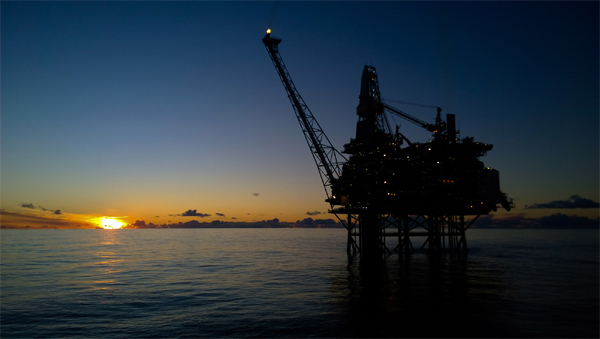
Sydney Maki, Bloomberg News
NEW YORK
EnerfgiesNet.com 07 27 2022
Prospects of an oil bonanza just off the coast has left South America’s smallest nation, Suriname, stranded in default as foreign bondholders hold out for better terms.
Five creditors rejected a restructuring offer presented by the Ministry of Finance during negotiations this month, according to a government statement on Monday. Suriname — which is wedged between Guyana and French Guiana on South America’s northeastern coast — cited a “large gap” between what creditors wanted to be repaid and what the government could afford.
While Suriname is trying to remedy its default based on the current situation, some investors are eyeing potential future oil royalties from an offshore basin that driller Apache Corp. says is “the most watched” on the globe.
“Bondholders want first to see the Apache final investment decision,” said Nathalie Marshik, managing director for fixed income at Stifel Nicolaus & Co. in New York. “Once that is out, the International Monetary Fund will incorporate the future oil wealth into their debt sustainability analysis. The idea is that once you do that, you don’t have to have such large haircuts.”
After two years in a deep debt crisis, that leaves the former Dutch colony in a unique type of paralysis. At stake is about $675 million in two outstanding dollar bonds, which remain in flux as the country passes the two-year anniversary of its first Covid-era default. Suriname defaulted three times during the pandemic, per Fitch Ratings’ criteria. Notes due in 2026 have been lingering near 71 cents on the dollar since March, while the bonds due in 2023 have risen to about 81 cents, according to indicative pricing compiled by Bloomberg.
The government said on Monday it failed to reach an agreement with bondholders in a round of negotiations that started July 11. Armand Achaibersing, the country’s minister of finance, argued a fair deal should include debt relief compatible with the country’s situation of the country and the requirements of the IMF program, though, according to a statement, the nation “would be open to compensating the creditors in the near future, should the country receive offshore oil money.”
That’s led to discussion of a fixed-income instrument linked to oil royalties that could help compensate bondholders for the losses accepted in a restructuring. But there’s a key disagreement on the amount of money that first goes to Suriname if oil starts flowing: The nation wants exclusive claim to the first $500 million, while investors want access after $50 million, according to a statement from July 22.

The Paris Club’s creditors agreed last month to reschedule Suriname’s debt, a deal in which government officials vowed to seek debt treatments “at least as favorable” from other bilateral and external creditors. Suriname also has a program with the IMF.
Investors demand about 17 percentage points in extra yield to hold sovereign bonds from Suriname over US Treasuries, making it one of the 21 countries with dollar-denominated bonds trading at levels considered distressed. The number of distressed developing-market nations has doubled since the end of 2021 as soaring food and energy costs spur bouts of social and political unrest around the globe, casting a shadow over upcoming bond payments in some highly-indebted nations.
bloomberg.com 07 26 2022












